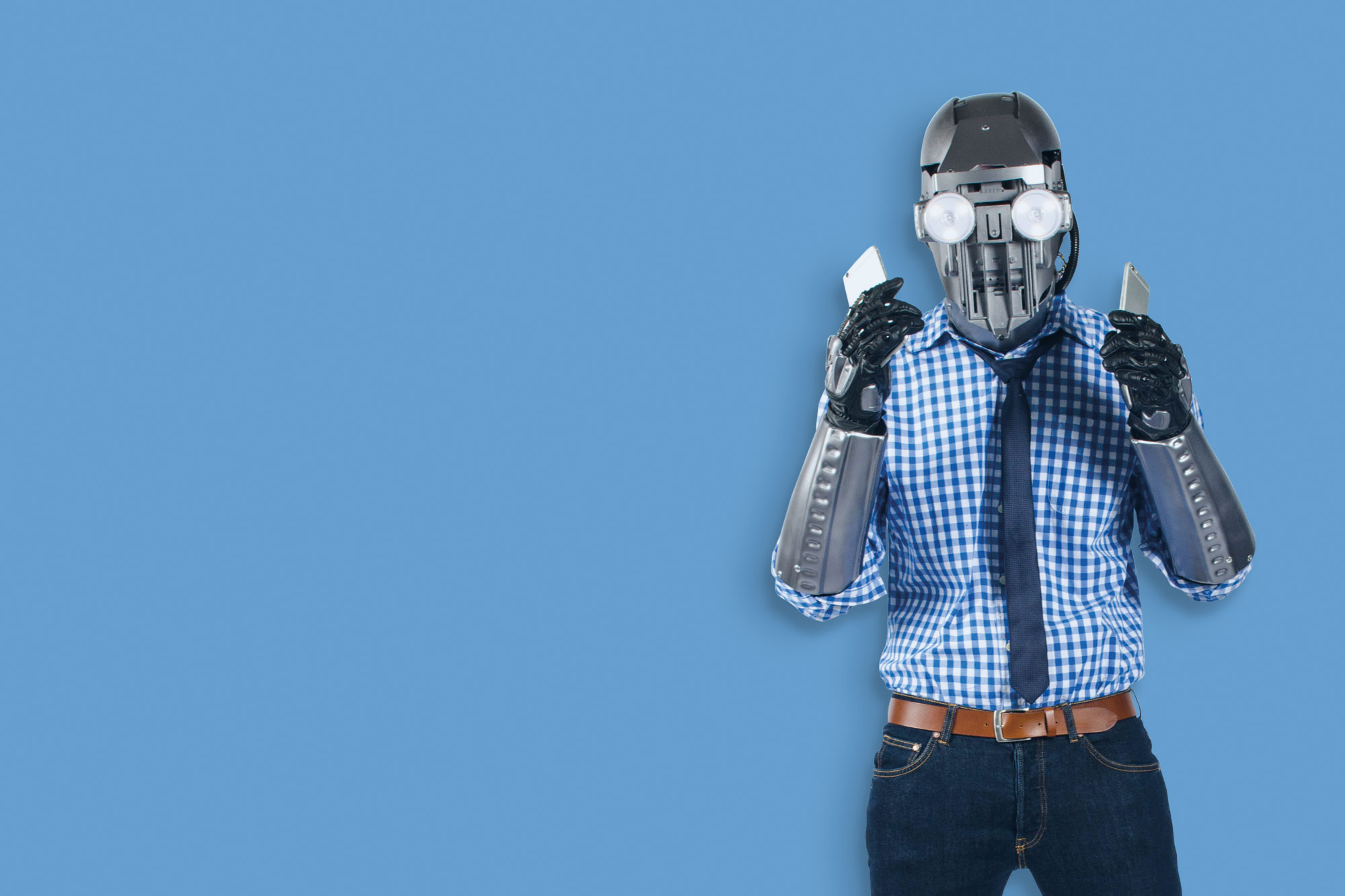The following is a guest contributed post by Dana Gibber, Co-Founder and COO of Headliner Labs, the leading chatbot creation platform.
Chatbots for Hotels
These days, almost every imaginable industry is experimenting with the use of intelligent, AI-powered chatbots to speed up processes, increase efficiency and provide more satisfactory customer service. Among the most exciting and high-potential are the uses for chatbots in the hospitality industry. Hotel patrons expect on-demand service; it is difficult to imagine anything easier than messaging a hotel concierge right on your mobile phone with an instantaneous response. Hotels should adopt chatbots to serve as the first line of contact for guests in certain circumstances, especially when the need is simple (more towels!) or when accessibility should be twenty-four/seven. In the hotel context, chatbots afford much of the functionality that mobile apps provide, without requiring guests to download an app. Chatbots are an ideal tool for fast service when the need is short in duration (typically, a hotel stay of a few nights), but requires a high frequency of interaction during that time.
Here are five ways chatbots can be used by the hotel industry:
- Instant Reminders
After check-in, chatbots can send useful updates related to a guest’s stay. For example, a chatbot can notify a guest when his or her room becomes available, or conversely send reminders about upcoming check-out times. The chatbot can even be used to set wake up alarms in the morning, or send reminders about dinner and spa reservations. For a hotel, this reduces the volume of simple queries directed at human staff and clogging up phone lines, while reducing wasted resources due to missed appointments.
2. Ability to provide upgrades/ additional services
A chatbot can be a valuable channel for upselling to hotel guests. With its unique ability to ping guests with concise, bite-sized messages, a chatbot can proactively notify guests of things like available upgrades, spa appointments, amenities, activities, etc. Chatbots are typically powered by machine learning algorithms that optimize messaging, so when implemented properly, these messages are helpful and informative — leading to conversion — rather than aggressive and intrusive.
3. Customer Service
Up to 67% of queries directed at concierges or hotel personnel are repetitive on a daily basis, and can often be reduced to the same five or six topics. A text chatbot accessible from a guest’s mobile phone, or a voice chatbot sitting in each hotel room, could easily absorb some of these queries. For example, a voice bot sitting in a room can be directed to bring new towels, to request additional shampoo or soap, to provide the hours of operation of various hotel amenities, and serve as a clearinghouse for basic information and outbound requests.
4. Room Service Delivery/ Online Ordering
Using a chatbot for online ordering is much more efficient than having a guest calling in. Chatbots can show photos of menus, enabling guests to click and instantly order. This streamlines the room service delivery process on both ends. With proper integrations into the hotel’s systems, a chatbot can give updates on how long the wait will be before room service arrives.
5. Stay in Touch
After guests check out, chatbots are an optimal channel for soliciting feedback and securing a repeat booking. Chatbots can send feedback surveys with incentives for filling them out. Sending promotions and deals for future stays is also a highly effective way to encourage a second booking.




